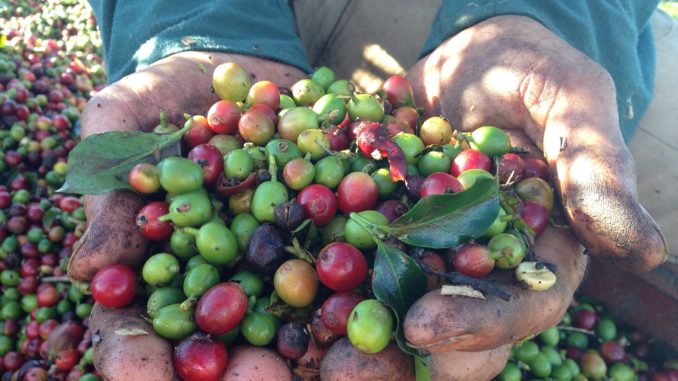
Drought is the new frost for coffee in Brazil
the weather extremes which accompany climate change are changing how coffee is grown […]

the weather extremes which accompany climate change are changing how coffee is grown […]
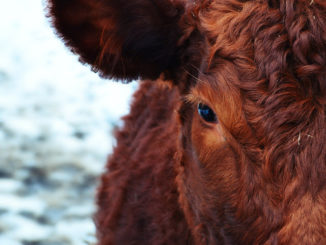
Agroforestry – saving the world with meat and sport | ARC2020 […]
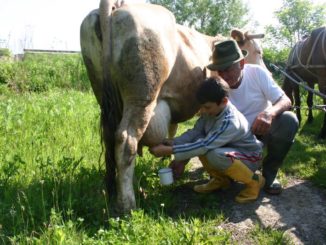
Romanian milk farming: from one crisis to another. […]

+++++UPDATE+++++ In case you missed it or you’d like to reCAP: Watch the webinar ‘Greening or Green-Washing?’ hosted by ARC2020’s Samuel Féret here: By loading the video, you agree to YouTube’s privacy policy.Learn more Load video Always unblock YouTube Guest article by Michaela Skodova Groupe de Bruges ARC2020’s Samuel Feret will deliver a webinar 30 minute CAP Webinars on Tue, Sep 29, 2015 11:30 AM – 12:30 PM BST. To register, please follow this link. Feret’s topic is “CAP: greening or green-washing?”. Feret, Groupe de Bruges president is one of the authors for the CAP Pro course. Each month experts will give a 30 minute webinar on one of the current issues in the implementation of the CAP. Check the ‘Can EU CAP it?’ platform for more information and sign up for the next one. All aspects of the platform are free. Get your CAP on and join us! The platform consists of five parts: CAP Game, CAP Basic videos, CAP Pro course, CAP Webinars & CAP Forums. We would like to raise your attention […]
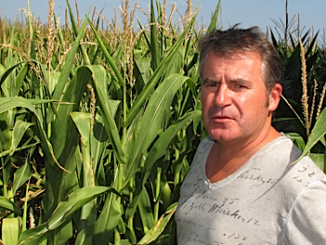
ARC2020’s Peter Crosskey spoke with French farmer Paul-Francois about taking on pesticide manufacturer Monsanto – and winning. […]
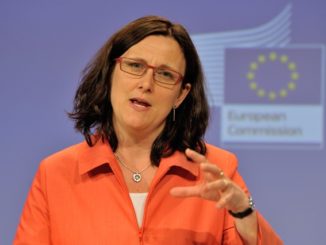
UPDATED 17/09/2015 at 12.42 CET (with US Chamber of Commerce information in final paragraph) Critics have rounded on yet another fudge by the EU Commission on the highly controversial ISDS – Investor State Dispute Settlement – element of TTIP – the Transatlantic Trade and Investment Partnership. Today at midday, the Commission announced “a new Investment Court System which would replace the ISDS mechanism in all on-going and future EU investment negotiations.” It “has approved its proposal for a new and transparent system for resolving disputes between investors and states – the Investment Court System. This new system would replace the existing investor-to-state dispute settlement (ISDS) mechanism in all ongoing and future EU investment negotiations, including the EU-US talks on a Transatlantic Trade and Investment Partnership (TTIP).” The Commission’s First Vice-President Frans Timmermans said “With our proposals for a new Investment Court System, we are breaking new ground. The new Investment Court System will be composed of fully qualified judges, proceedings will be transparent, and cases will be decided on the basis of clear rules. With this new […]

What would people–centred food governance look like? This is the crucial question to be addressed in Edinburgh, Scotland 22-23rd October. BOOK NOW Nourish Scotland, in cooperation with ARC2020, will host “Towards a Citizens’ Agricultural Policy” an event which will gather citizens, farmers, civil society, and representatives from regions and cities to rethink the governance of food and farming policies in Europe and Scotland. According to Nourish Scotland “our food system is failing to support a healthy, well-nourished population, while driving dangerous climate change and destroying natural capital. The Common Agricultural Policy is a colossal public policy intervention, using 39% of the EU budget and shaping the farming policies of Member States. It could drive improvement in public health, rural economies, and sustainable food and farming; but it doesn’t. And it won’t until our food system is governed democratically for the common good.” Confirmed speakers Alyn Smith is a Scottish Member of the European Parliament & Member of the Committee on Agriculture and Rural Development. David Barnes is Chief Agricultural Officer for Scotland. Nora McKeon is […]
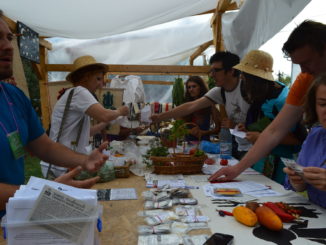
Despite restrictions, civil society is helping people use traditional seeds. Eco Ruralis report from Romania. […]
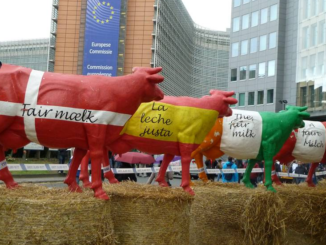
Commission announces contentious €500m aid package for dairy, pork ARC2020 […]
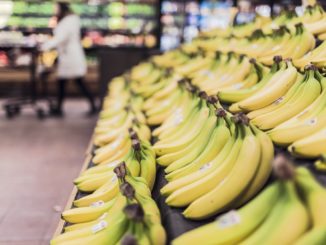
The Eastern European entrance of Lidl and Kaufland, supermarket retail chains owned by a German corporate group, were financed with loans from public money. According to an investigation by The Guardian, almost 900 million Euro of public funds coming from the World Bank and European Bank for Reconstruction and Development (EBRD) were injected to develop hundreds of supermarkets packed with cheap, imported food. This leaves peasants and other local food producers, largely ignored by these retailers, unable to compete. These public institutions, funded by taxpayers and owned by governments, have explicit mandates to increase local development in the countries where they spend their money. The World Bank also has an additional, specific mandate to reduce global poverty. An International Consortium of Investigative Journalists found that 1,000 World Bank projects approved between 2004 and 2013 forced 3.4 million people from their homes, grabbed their land, or damaged their livelihood. The banks claim that their funding for Lidl and Kaufland would create jobs, opening new markets for local producers and bringing “good quality, affordable food” to poor […]

Protests about the milk crisis in the UK, Ireland, Germany, France and even New Zealand. Via European Milk Board. #MilkCrisis […]
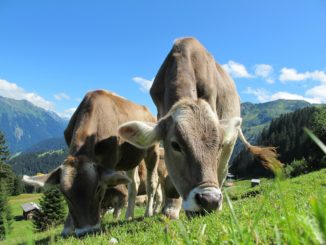
Translated from French exclusively for ARC2020 by Samel Feret and Peter Crosskey. Part one outlines the milk crisis and the Commission’s responsibility in same; part two, here, suggests solutions. #MilkCrisis […]

ARC2020 exclusive: Part one two by André Pfimlin, translated from French by ARC2020’s Samuel Feret and Peter Crosskey. In part one, Andre outlines the milk crisis: part two, to be released tomorrow morning, suggests solutions. #MilkCrisis “Since the long term market perspectives are good for animal products and since Europe has significant potential for growing milk production, we should produce more and export more”, said European Agriculture Commissioner Phil Hogan. “We must accelerate the modernisation and consolidation of livestock farmholdings to make them more productive and more competitive”, a Copa-Cogeca vice-president said recently (1). In 2015, just like 2009, at the height of yet another milk crisis the line is the same out of Brussels, be it from the European Commission or Copa-Cogeca. For our policymakers, dreaming of unlimited export trade for decades to come, the short-term volatility of world prices takes a back seat. It is down to the livestock farmers to anticipate market volatility and either build up reserves when prices are high or take out private insurance policies. So there will be […]
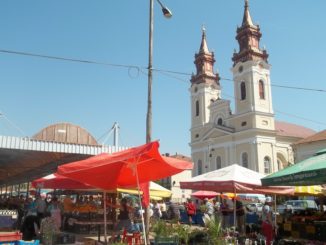
Despite restrictions, 95% of producers who sell at markets use traditional seeds, a Romanian Market Study has found. […]

Written by: Claire Bernardin, Land Rights intern at Eco Ruralis; additional content via Corporate Europe Observatory. “Soon, journalists and their sources could be sued by companies if they reveal what these companies want to keep secret. Unless we react to defend the investigative work of journalists and, by extension, the right for citizen to be informed. Under the alibi of the fight against industrial espionage, the European Parliament is preparing a new massive weapon against journalism,”trade secrets”, whose definition allows not less then an unprecedented censorship in Europe.” That’s according to the petition launched by Elise Lucet, a French investigative journalist, which is approaching half a million signatures. It all started on November 28th 2013 when the Commission submitted a draft proposal aiming to homogenise the definition of a trade secret throughout the EU. This would fight economic and industrial espionage by protecting companies against the unlawful acquisition, use and disclosure of the aforementioned trade secrets, thus enhancing competitiveness in the Union. However, voices arose among civil society to denounce the dangerous vagueness of the bill. […]
Agricultural and Rural Convention